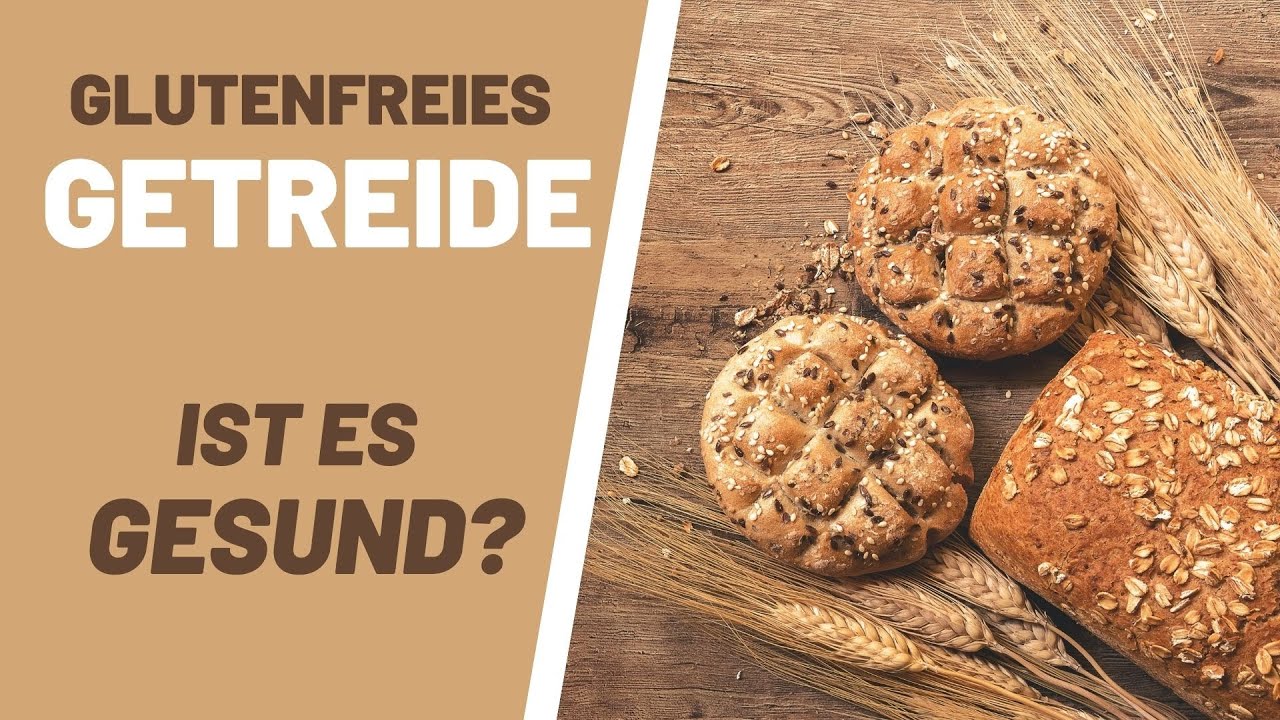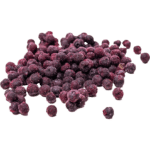Gluten-free grains do not feed pathogens. So we don’t have to worry about millet, quinoa, brown rice or oatmeal feeding pathogens like strep or EBV. But there are other reasons to forego them.
Gluten-free grains are not medicinal foods
Grains often take up a lot of space on our plates (and therefore in our stomachs), which could be better used with more healing foods. Especially when we want to eat a particularly healthy diet, we lose space for more nutrient-rich foods such as leafy vegetables and fruit. When we eat a bowl of grains in the morning, we simultaneously forego a few bananas or two or three Apples.
While grains are also highly nutritious, they do not have the healing phytochemicals, antioxidants and trace minerals of a berry apples or a banana. Furthermore, it does not have any antibacterial or antiviral properties. But these are incredibly important for us to free ourselves from chronic illnesses.
Unfavorable combination of gluten-free grains with fat
An even bigger reason to avoid grains is how they interact with fats. It is not common for us to eat our grains without radical fat. A toast (cereals) with avocado (Fat) is an unfavorable combination. Other examples include oatmeal with peanut or almond butter, crunchy muesli with milk, protein bars, chicken sandwiches or pasta with oil.
Even if we actually avoid radical fats in a grain-containing meal, it probably hasn’t been much time since the last fatty meal. For example, if we had breakfast with yogurt or eggs, this will still be digested when we eat our quinoa salad for lunch. The problem this creates is insulin resistance.
Long digestion time of gluten-free grains
Fat and grains both take a long time to be digested. The fat from chicken, avocado, bone broth, nuts and seeds, oil, butter or milk therefore remains in the bloodstream for several hours. The process of digesting the grain’s complex carbohydrates takes less time. Even so, the digestion time of four to six hours (depending on density and portion size) is still a long time. This long breakdown process is seen by many as a positive thing, as it supposedly provides the body with fuel over a longer period of time.
Insulin resistance problem
The truth is: complex carbohydrates are broken down into sugar. If fat is present in the bloodstream, then the combination is fat + sugar. This is the real cause of insulin resistance. Sugar attaches itself to insulin in order to get into the cells. However, high blood fats are responsible for preventing sugar from entering the cells. This is because fat absorbs some of the insulin and prevents the sugar from binding to the insulin. The result is that more insulin has to be produced. This in turn leads to the pancreas becoming permanently weakened. Sweating, hot flashes, mild dizziness, fluctuating energy levels, constant feeling of hunger, swelling and mild tremors could result.
So we should only eat our grain meals isolated from radical fats!
By the way, fruits are not complex carbohydrates. The fructose enters the bloodstream and organs very quickly and is used within an hour. If you eat a large fruit meal (e.g. several bananas) at once, absorption can take two to three hours.
Fruits do not pose the same risk of insulin resistance as grains. Even if there is fat in the bloodstream, insulin can bind to the sugar more easily than grains and transport it into the cells. So if you want to eat a meal with a combination of sugar + fat, then you should preferably use a piece of fruit as the source of sugar. In other words: It is much better to eat an apple with peanut butter than oatmeal with peanut butter.
Millet and gluten-free oats are the best choices
If you don’t want to do without grains, then millet and oat flakes are the best choice. Make sure that the oats are labeled as gluten-free. Even though oats are naturally gluten-free, processing can cause them to become contaminated.
Quinoa
Quinoa is a healthy grain, but is more difficult to digest compared to millet and oatmeal. It scratches the intestinal lining, meaning it can cause problems in people with intestinal tract disorders. If you want to detoxify your body in a gentle and healing way, you should avoid quinoa for a while.
Gluten-free grains are not responsible for symptoms
Followers of popular diets like the ketogenic diet believe that grains themselves are bad for us. That’s not exactly correct. While it is true that grains containing gluten contribute to our symptoms, this is not true of gluten-free grains. It is rather the unfavorable combination of complex carbohydrates (grains) and fats that has a negative impact on our health.
Grains and digestive problems
Many people report digestive problems when they combine fats with grains. The reason is that due to this unfavorable combination, more stomach acid and bile have to be produced. However, if our liver is already weakened by pathogens, toxic heavy metals and a “high fat/high protein” diet and the stomach acid and pancreas are no longer as strong, then this difficult digestive process does not proceed optimally. As a result, food begins to rot in the intestinal tract. Pathogens find it easy to thrive in such an environment. The result is a feeling of fullness, nausea, constipation or stomach pain.
Conclusion
If you want to take your healing to the next level, cutting out all grain products (except millet and oats) will help you do so. For example, you could replace your grains with potatoes. In contrast to grains, these have antiviral properties. If you want to go a step further on your healing path, you can also completely avoid all grains. This would give your digestive system a break while making room for more beneficial foods.









